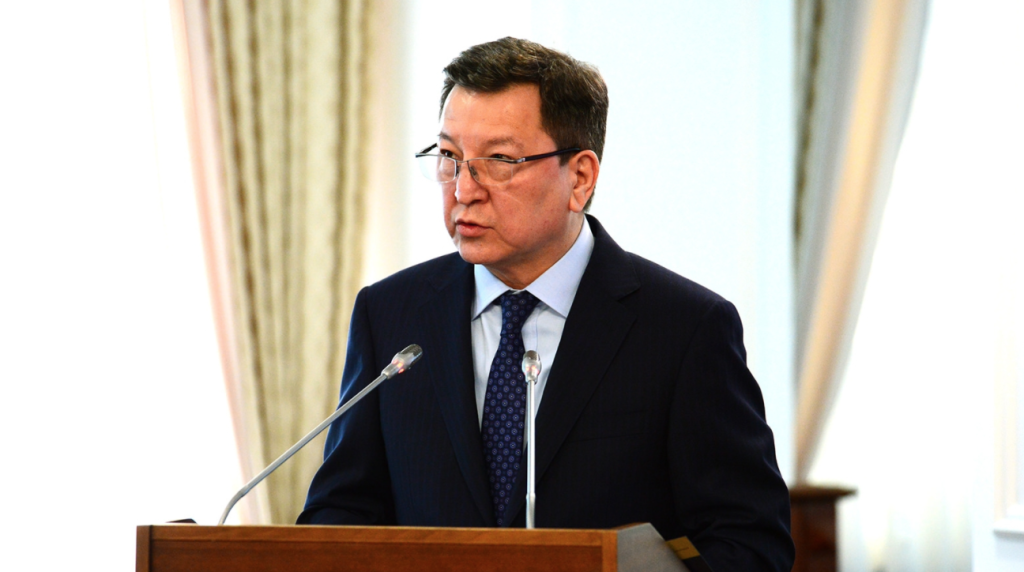ASTANA – Kazakhstan will more than quadruple its budget to $837 million in the next five years to fight terrorism and extremism, said National Security Committee Deputy Chair Nurgali Bilisbekov during a March 6 government meeting.
The 2018-2022 funding is four times the $202.8 million the country spent on its 2013-2017 counterterrorism programme. The additional allotment will be used to equip law enforcement bodies with modern technology and arms, among other objectives.
“The programme envisions 80 events and measures, including 35 of a specific nature. More than 270 billion tenge (US$837 million) is expected to be allocated to the programme implementation, including 209.3 billion (US$648.83 million) from the national budget and 60.7 billion (US$188.17 million) from the local budget,” he reported.
Bilisbekov noted the programme will pursue three tasks – fostering the development of “tolerant religious consciousness” and zero tolerance for radical ideologies across the population and improving the efficiency of detecting religious extremism and terrorism accompanied by refining the work of national security structures, as well as enhancing measures to eliminate “the consequences of extremism and terrorism activity.”
National security structures have prevented 38 terrorist attacks in the last five years, he said. Since 2013, 202 special commissions have been working nationwide to reduce the factors contributing to the spread of religious extremism and terrorism ideology. In that time, 384 Kazakhstan citizens studying in “suspicious” theological education institutions abroad were forced to return to Kazakhstan, he added, and more than 150 still remain abroad.
The new national programme is designed to tackle the current challenges, including hundreds of militants returning home or moving to other countries.
“As you may know, international terrorist organisations were defeated in Syria and Iraq. As a result, militants and their family members are now relocating to other regions, including those from where they originally came. For example, to date 125 citizens returned to Kazakhstan and 57 of them were sentenced,” said Bilisbekov.
Most remain committed to radical ideology, he added, and the terrorism and extremism propaganda level remains high.
“Preventive and rehabilitation work is carried out with them. There is still a high level of extremism and terrorism propaganda, which can spur the radicalisation of people in Kazakhstan. These and other factors demand the further improvement of the national system of the fight against terrorism and religious extremism,” he noted.

